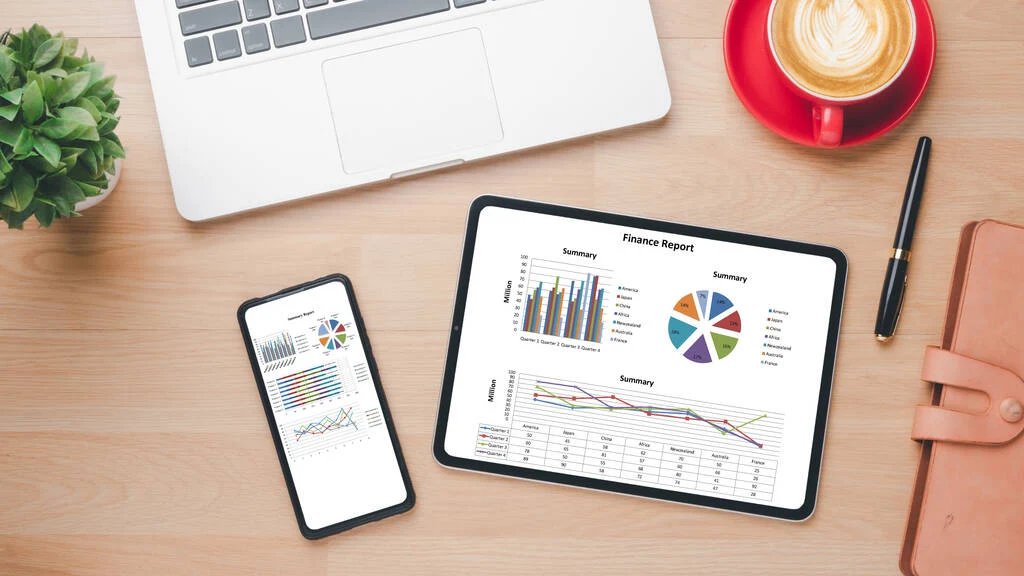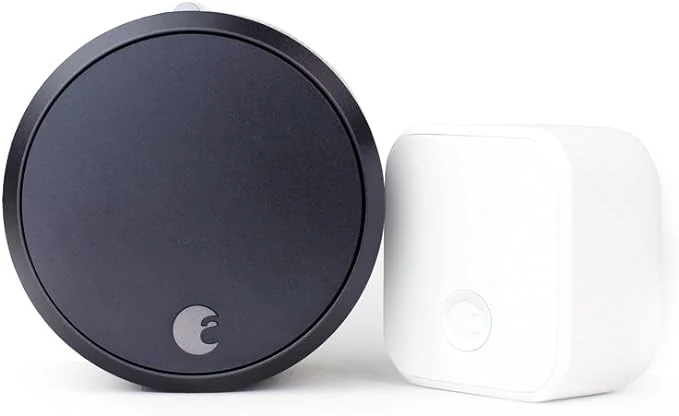In an era defined by rapid technological advancement, small businesses are increasingly turning to connected tools and devices to streamline operations, enhance productivity, and improve overall efficiency. The Internet of Things (IoT) has enhanced the way businesses function, providing opportunities to automate tasks, manage resources more effectively, and analyze performance data in real time. Here’s a look at some of the key connected tools and devices that can help small businesses achieve greater efficiency.
1. Smart Office Equipment
Smart Printers and Copiers:
Today’s smart printers and copiers come equipped with Wi-Fi connectivity and mobile printing capabilities, enabling remote printing and easy access to documents. Features like automatic paper refills and ink alerts streamline office supply management, while multifunctional devices reduce clutter and the need for multiple machines.
Smart Meeting Room Solutions:
Connected devices such as smart boards and video conferencing tools allow for efficient communication and collaboration, no matter where team members are located. Scheduling tools integrated with calendar apps ensure that meetings are organized and productive, minimizing downtime and maximizing engagement.
2. Cloud-Based Project Management Tools
Task Management Software:
Tools like Trello, Asana, and Monday.com enable small businesses to organize tasks, set deadlines, and track project progress in real time. These platforms encourage collaboration among team members, foster accountability, and keep everyone on the same page, leading to more efficient project completion.
Time Tracking Apps:
Time tracking applications like Toggl and Harvest allow businesses to monitor the hours spent on projects in real time. This feature not only helps to identify time management issues but also assists in billing clients accurately. Moreover, many of these apps integrate with project management software, creating a seamless workflow from task assignment to completion.
3. Connected Inventory Management Systems
Modern inventory management systems utilize IoT technology and real-time data analytics to assist small businesses in tracking stock levels, managing orders, and optimizing supply chains. Solutions like TradeGecko and Fishbowl provide businesses with insights into inventory turnover, allowing for better forecasting and decision-making.
RFID and Barcode Scanners:
Using RFID (Radio Frequency Identification) tags or barcode scanners can significantly enhance inventory accuracy. These connected devices minimize manual errors, speed up the inventory auditing process, and ensure that businesses always have a clear picture of their stock levels.
4. Smart Financial Tools
Cloud Accounting Software:
Platforms like QuickBooks Online and Xero have revolutionized the accounting process for small businesses. These cloud-based solutions allow for real-time tracking of income and expenses, seamless invoicing, and easy integration with bank accounts and credit card providers. Automated reports provide insights into financial health, facilitating more informed decision-making.
Mobile Payment Solutions:
Small businesses benefit from mobile payment solutions like Square and PayPal, enabling them to accept payments anywhere and anytime. These tools help streamline sales processes, which enhances customer satisfaction and accelerates cash flow.
5. Customer Relationship Management (CRM) Systems
Connected CRM tools, such as HubSpot and Salesforce, enhance customer relationships by providing businesses with comprehensive insights into customer interactions. With these systems, businesses can automate marketing campaigns, track customer inquiries, and build detailed profiles on customer preferences and behaviors. This leads to more effective customer engagement strategies and ultimately drives sales growth.
6. Remote Monitoring and Automation Tools
Smart Sensors:
Smart sensors can monitor everything from environmental conditions in a workplace to energy usage and equipment performance. For instance, connected thermometers can manage HVAC systems to ensure optimal conditions while minimizing energy costs—saving money and enhancing employee comfort.
Workflow Automation Tools:
Tools like Zapier and Integromat allow businesses to automate repetitive tasks such as data entry, scheduling, and follow-up emails. By connecting different applications and automating workflows, small businesses can save time and reduce the risk of human error.
The integration of connected tools and devices into small business operations presents numerous opportunities for enhanced efficiency and productivity. By leveraging smart office equipment, cloud-based project management systems, connected inventory management, smart financial tools, CRM systems, and automation solutions, small businesses can streamline their operations, reduce manual errors, and foster a more collaborative environment.
In an increasingly competitive landscape, adopting these technologies is not just an option; it’s a necessity. As small businesses continue to seek ways to optimize their operations, staying informed about emerging tools and trends will be essential to achieving long-term success. Embracing these connected solutions today can pave the way for a more efficient and productive tomorrow.












